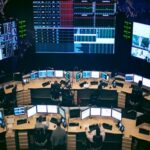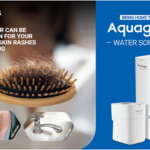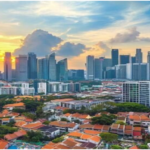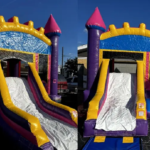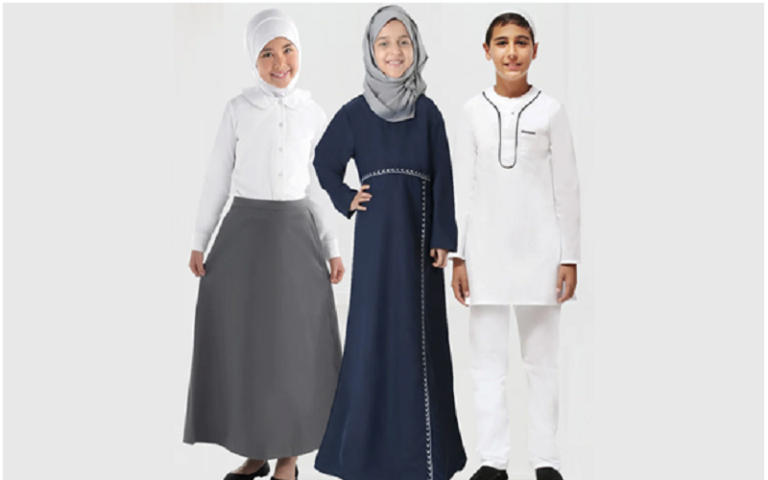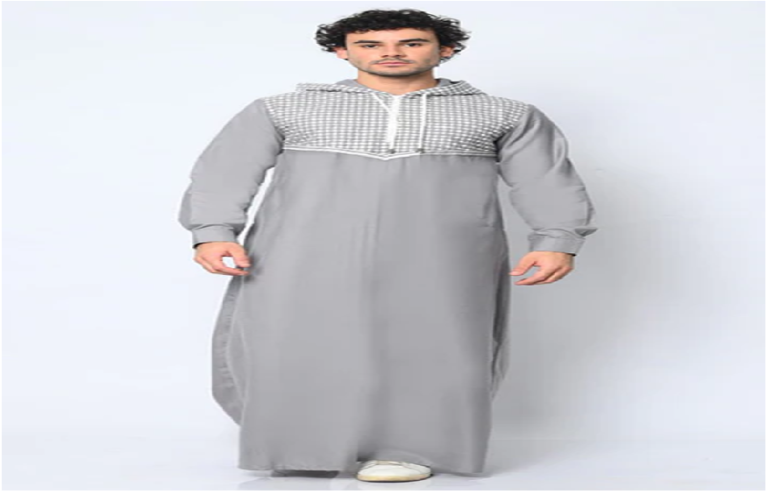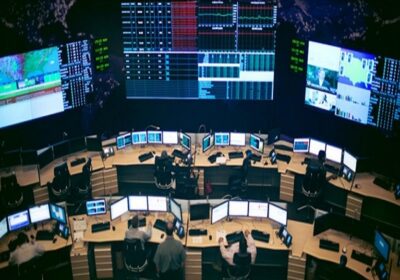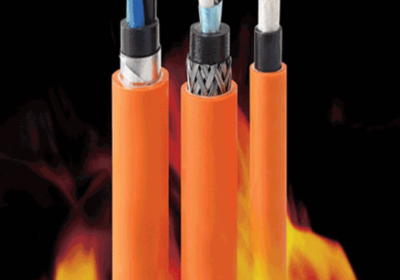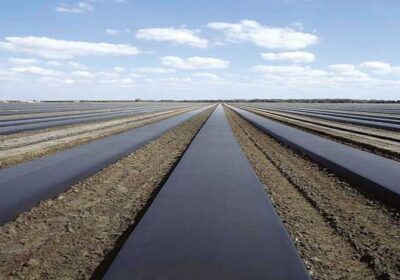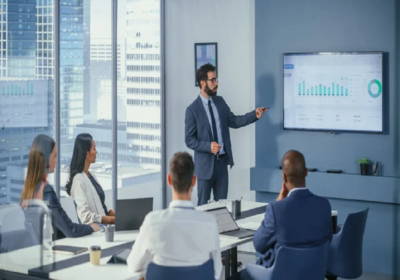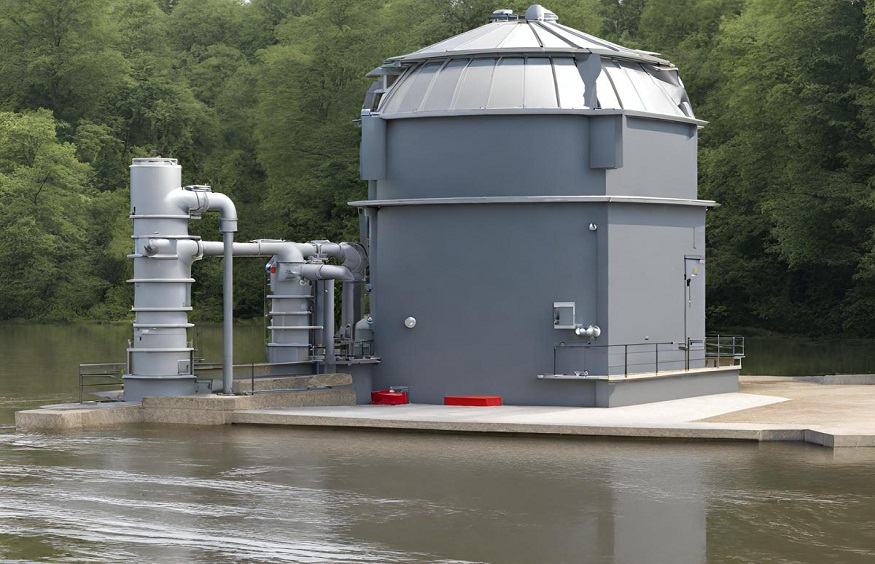
What Are the Essential Details Regarding Dubai’s Sewage Lift Stations and Home Sewer Pump Stations?
In Dubai’s quickly growing urban environment, powerful sewage treatment has emerged as increasingly critical for residential and industrial homes. The emirate’s proper sanitation and waste management depend heavily on home sewer pump station and sewage lift stations. All the information that property managers and owners require regarding these crucial systems in Dubai is covered in this extensive post.
What Sewer Pump Stations Are All About:
Particularly in places where gravity is insufficient to effectively carry waste to the main sewer lines, sewer pump stations are specialized mechanical systems made to convey sewage from lower to higher elevations. These systems are essential for upholding appropriate sanitation standards and averting sewage backups in Dubai’s varied architectural landscape, which includes anything from high-rise structures to expansive homes.
Electrical control systems, a basin or wet well that collects sewage from building drainage systems, strong pumps that transfer the waste, and a variety of monitoring equipment are usually included in these stations. By turning on when sewage levels hit preset thresholds and turning off when the basin is completely drained, the systems are made to run automatically.
Dubai’s Common Types of Sewage Pump Stations:
Often used in large-scale developments, duplex or triplex pump systems have multiple rotating pumps that allow continuous operation and backup in the event of a pump failure. Typically, simplex pump stations are found on smaller properties and individual villas. Installation and maintenance costs are lower with these single-pump systems, which are sufficient for handling normal residential waste volumes. Regular maintenance is especially crucial for these systems since they do not have the redundancy of bigger systems.
Important Elements and Their Roles:
Modern pump stations frequently have remote monitoring features, alarm systems, and level sensors to notify owners or maintenance crews of possible problems. Due to their effectiveness and lower maintenance needs, submersible pumps are becoming more and more common. The pumping sewage lift station in dubai themselves typically comprise either above-ground or submersible pumps. Pump operation is controlled by automated systems and electrical components housed in control panels, while isolation and check valves aid in maintenance and backflow prevention.
Rules & Conditions for Installation:
Strict rules governing the installation and operation of sewage pump stations have been developed by the Dubai Municipality. These specifications make sure that systems function well within the city’s larger infrastructure and adhere to safety regulations. Before installation, property owners must secure the required permissions and seek out licensed contractors who are familiar with the local building and environmental requirements.
Proper system sizing based on anticipated flow rates, sufficient ventilation to avoid gas accumulation, suitable electrical connections that satisfy Dubai Electricity and Water Authority requirements, and a smooth integration with the plumbing infrastructure already in place are important factors to take into account during installation. Future access to maintenance and possible system expansion must also be considered during the installation procedure.
Guidelines for upkeep and operation:
The long-term dependability of sewage pump stations in Dubai’s harsh climate depends on routine maintenance. It is especially crucial to do preventive maintenance since the high temperatures and sporadic contact with sand can hasten the wear of mechanical components. It is recommended that property owners set up a routine maintenance program that includes pump inspections, wet well cleanings, alarm system testing, and electrical performance verification.
Monitoring system performance metrics, such as pump run times, energy usage, and alarm history, is necessary for day-to-day operations. Modern systems frequently have remote monitoring features that let maintenance crews spot possible problems before they get out of hand. By being proactive, the system’s lifespan is increased and expensive emergencies are avoided.
Common Problems and Their Fixes:
The climate and infrastructure requirements of Dubai provide particular difficulties for sewage pump station operators. Pump clogging from improper waste disposal, electrical challenges during the hottest summer months, and corrosion from exposure to hydrogen sulphide gas are common problems. Through appropriate system design, routine maintenance, and teaching building occupants about appropriate waste disposal procedures, property owners can address these issues.
It is also essential to include backup power systems since sewage backups can occur rapidly due to power outages. To ensure uninterrupted operation in an emergency, modern pump stations frequently include manual backup systems or alternate power sources. Solid waste clogs can also be avoided by installing screening systems or grinder pumps.
Cost-related factors and long-term worth:
Sewage pump station installation and maintenance is a major financial commitment, but it is necessary for the functionality and value of real estate in Dubai. Initial expenses range from simple installations for individual villas to complex systems for major projects, depending on the size and complexity of the system. However, these systems usually offer dependable service for many years when properly maintained, making them a long-term investment that is worth making.
Property owners should think about continuing operating costs, such as energy use, regular maintenance, and eventual component replacement, in addition to the original installation costs. Working with skilled contractors who are aware of Dubai’s unique needs can help maximize system design for cost and performance.
Trends and Innovations of the Future:
With the development of technology, Dubai’s sewage pump station market keeps changing. Energy-efficient pumps, smart monitoring systems, and better materials are increasing the dependability and operational efficiency of systems. Predictive maintenance is increasingly using data analytics and integrating with building management systems, especially in newer installations.
With newer systems integrating elements like energy recovery and enhanced efficiency measures, sustainability considerations are increasingly spurring innovation. Future developments in pump station technology and operation techniques are anticipated as Dubai keeps putting a strong emphasis on sustainable development.
Conclusion:
Several considerations must be carefully considered when selecting the right sewage pump station for a home in Dubai. Property owners should assess their unique demands in consultation with trained experts, taking into account elements including property size, elevation requirements, anticipated usage trends, and financial limitations. The chosen system should support future growth or modifications in usage patterns in addition to meeting present requirements.
During the selection process, expert advice can maximize system performance and dependability while ensuring adherence to regional laws. Investing in careful planning and expert advice frequently yields benefits over time, including increased system dependability and fewer maintenance problems.



